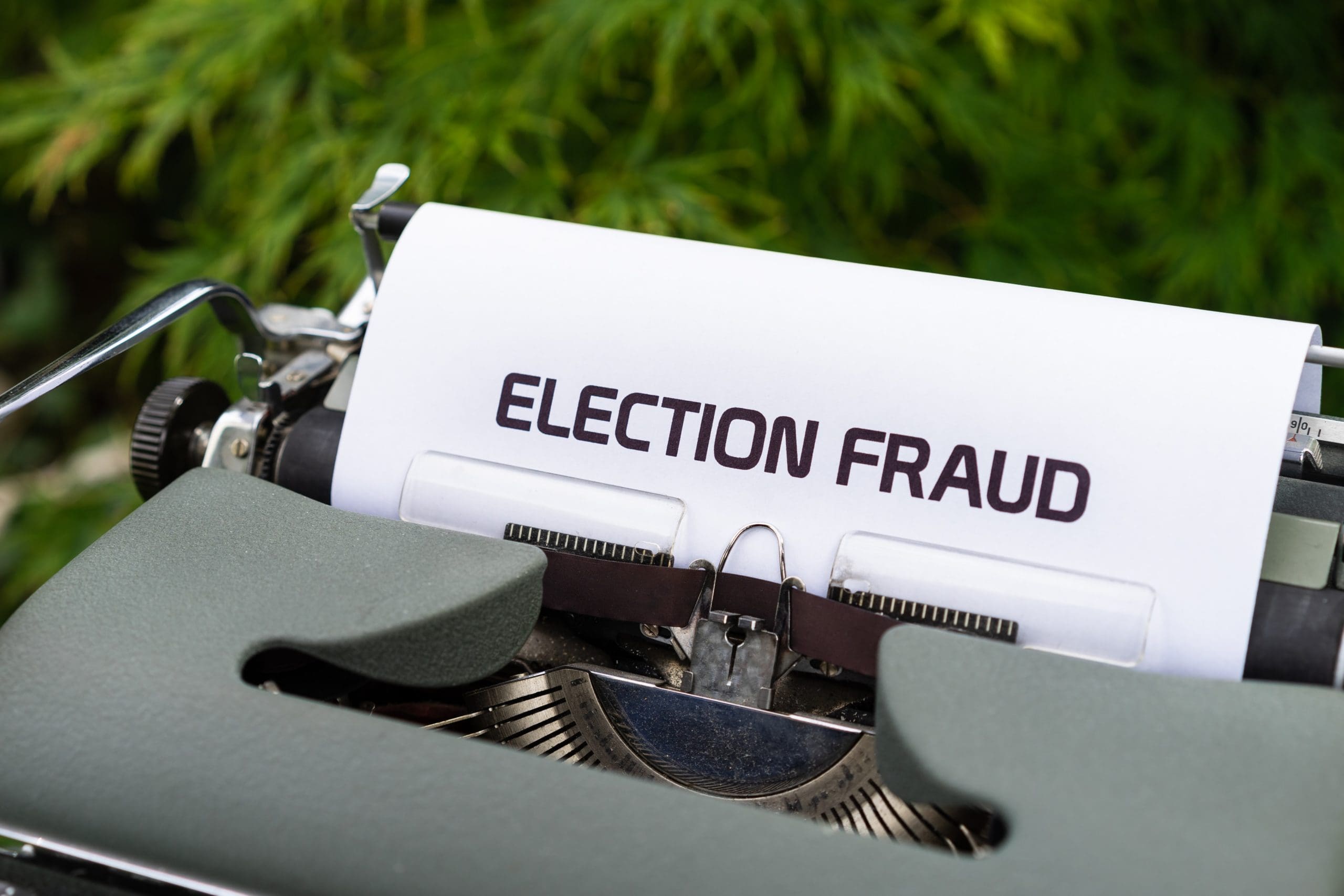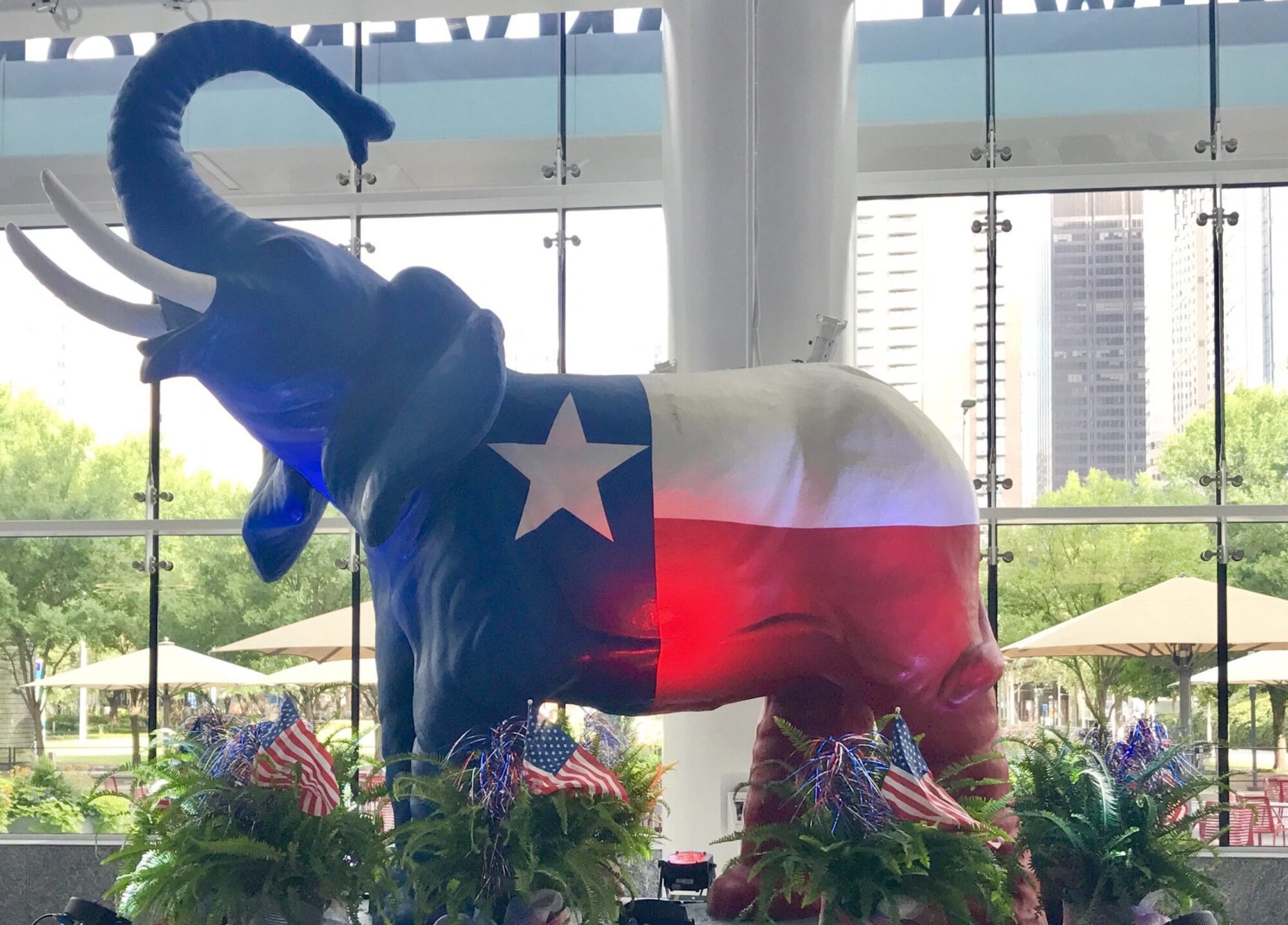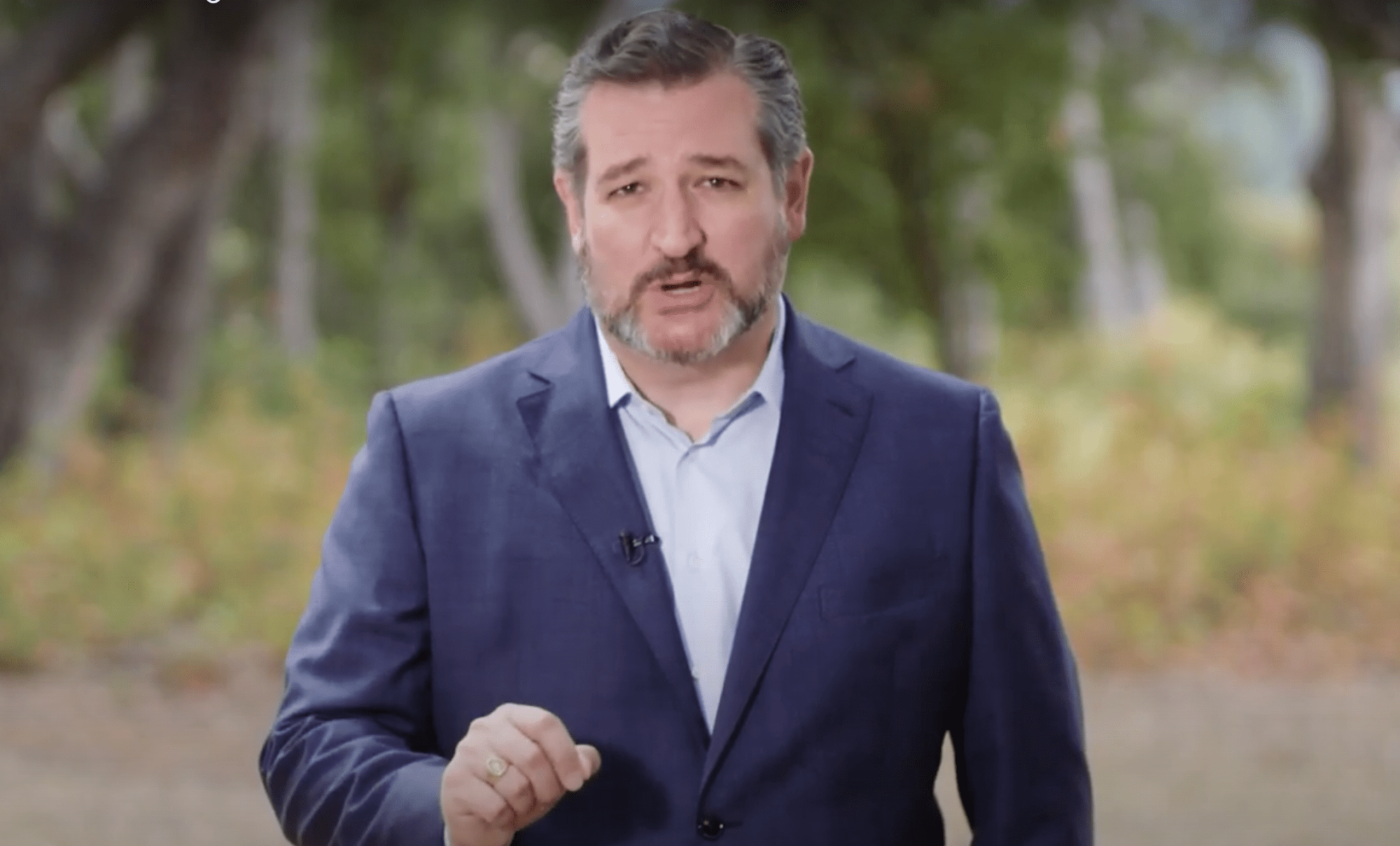UPDATED March 20 to include upcoming committee hearing information.
A bill to increase the penalty for election fraud crimes from a misdemeanor to a felony—an election integrity reform goal set by grassroots GOP activists—received a hearing in the Texas House Elections Committee this week, moving the priority measure one step closer to becoming law.
Election integrity is a top legislative priority of the Texas GOP and the only one also declared an emergency item by Republican Gov. Greg Abbott. Earlier this week, Abbott publicly endorsed “robust” election reform legislation.
Dozens of bills to improve election security and voter confidence have been introduced in the House and Senate, both controlled by Republicans.
House Bill 574, by State Rep. Greg Bonnen (R–Friendswood) and 13 Republican co-authors, was heard by the House Elections Committee on Thursday.
HB 574 would add two new election fraud offenses: intentionally counting invalid votes and failing to count valid votes.
“Election Code currently does not address situations where a person intentionally alters a report to misrepresent a vote count,” Bonnen told committee members.
The bill would also make election fraud a second-degree felony, the same criminal penalty as illegal voting by an individual.
“This brings consistency into our statute,” Bonnen said.
Only one witness, representing the League of Women Voters of Texas, testified against the bill, saying “imposing criminal penalties could have a chilling effect” on people participating in vote-counting.
“Are you telling me it’s the official position of the League of Women Voters that if a person intentionally miscounts votes, that shouldn’t be a crime?” State Rep. Mike Schofield (R–Katy) asked the witness, who deferred to her scripted testimony.
“If the argument is that it might chill a person who wants to knowingly miscount votes, you have a good bill, Mr. Bonnen,” Schofield said.
The remaining nine witnesses spoke in favor of HB 574.
“Every legal vote should count; every illegal vote should not count,” said Robert Green with the Travis County Republican Party Election Integrity Committee. “Without a penalty for violations, what good is any law?”
“If somebody wants to commit fraud, they’re going to get a very clear message in Texas that it’s not going to be tolerated,” said Nueces County resident Julie Kellogg.
Alan Vera, head of the Harris County Republican Party’s Ballot Security Committee, testified that in November, election officials rejected multiple valid mail ballots and incorrectly duplicated overseas military ballots, changing the votes.
Bonnen added the measure is important for restoring Texans’ confidence in elections.
“I can’t think of a more direct way to address what is a real, heartfelt concern of people and address a true misalignment in our code,” he said.
HB 574 is one of several election integrity bills supported by the Republican Party of Texas.
“Legislative Priority bills are critical, beginning with Election Integrity,” said Jill Glover, chair of the RPT’s Legislative Priorities Committee. “If we do not have fair elections, then we can do nothing else to guard against the progressive socialist left.”
The Elections Committee heard several other bills Thursday to increase election transparency and accountability, adding to those heard last week.
Bills approved by the committee move to the House Calendars Committee, where they may be placed on the agenda for a vote by the full House. Bills passed by the House then move to the Senate, where a similar process takes place.
Last week, the Senate State Affairs Committee heard another RPT legislative priority bill, Senate Bill 155, that addresses GOP grassroots’ election integrity goal of ensuring noncitizens are not participating in Texas elections.
Authored by State Sen. Charles Perry (R–Lubbock), SB 155 directs the Texas attorney general’s office to regularly review lists of voters excused from jury duty because they attest they are not U.S. citizens or not residents of the county in which they’re registered, and investigate whether anyone on them has committed a voter registration offense.
It’s a violation of both state and federal law for noncitizens to vote or register to vote.
State Affairs members voted SB 155 out of committee this week on a party-line vote, and the bill has been placed on the Senate’s intent calendar for Monday, March 22—the first date it may be considered by the full chamber. If passed by the Senate, the bill will move to the House.
Also on Monday, the Senate State Affairs Committee is scheduled to hear multiple election bills, including comprehensive reform proposal Senate Bill 7 and several of the “Integrity Seven” bills by State Sen. Paul Bettencourt (R–Houston).
In the House, Chairman Cain’s omnibus election reform measure House Bill 6 is on Thursday’s Elections Committee agenda.
Bills have a relatively short timeframe to move through the entire process. The 140-day regular legislative session runs through May 31.
Details about HB 574, SB 155, and other bills, along with resources to help citizens participate in the legislative process, are available at Texas Legislature Online.
Texans can contact their elected officials about election integrity and other issues.





